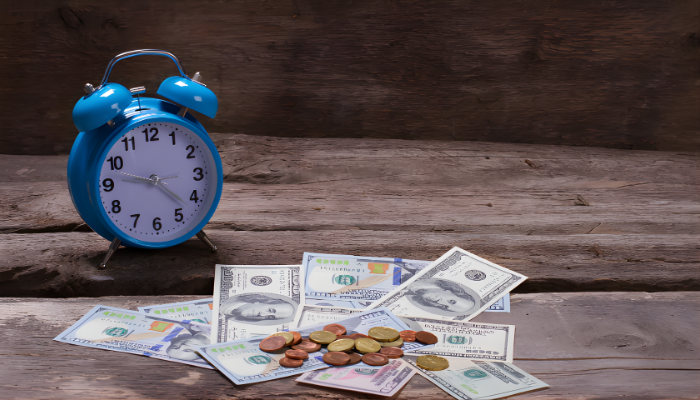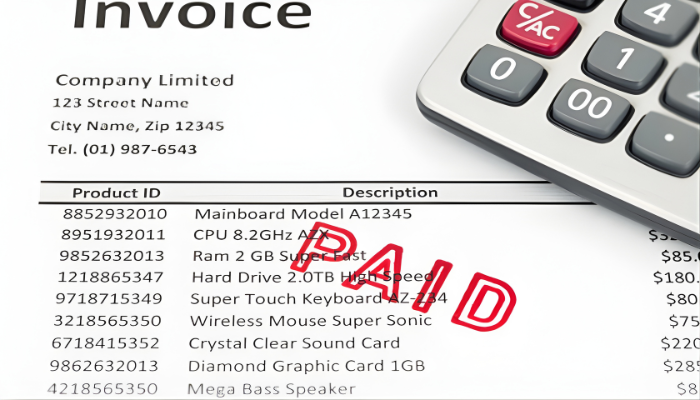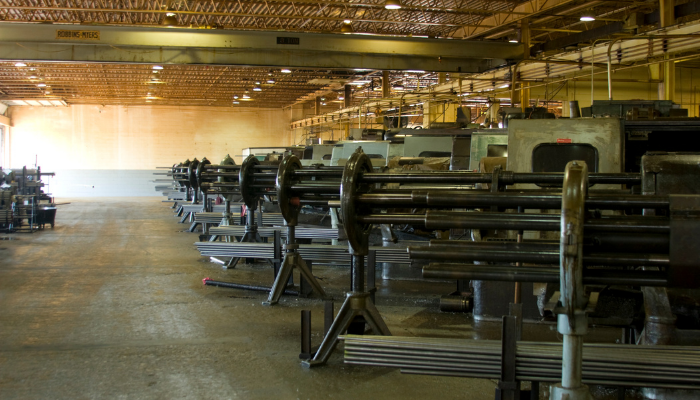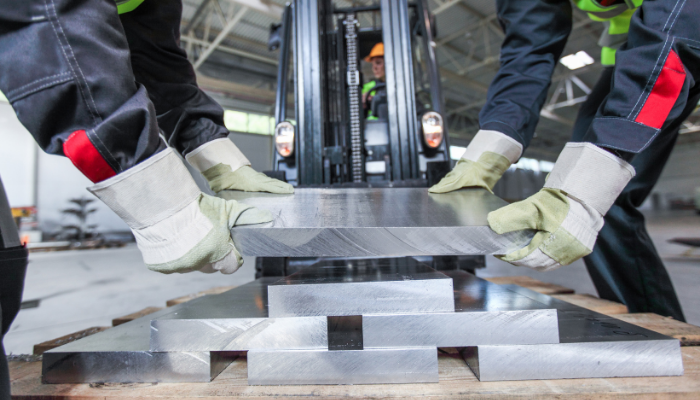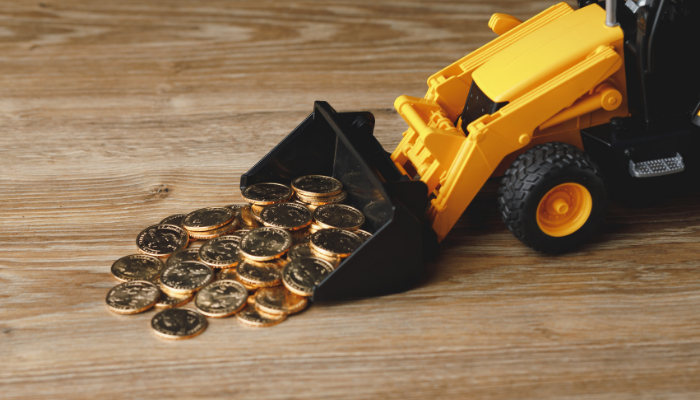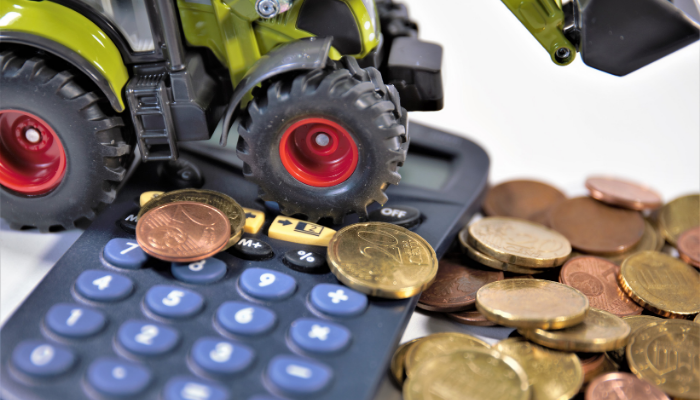
When you are trying to build and grow a business, your cash flow may be unable to accommodate equipment purchases. Until your cash flow increases, you may think that you have to take out a bank loan or go without the equipment you need altogether.
However, rather than apply for a bank loan for which you may not be approved or let your company shrink because of a lack of supplies, you can get the funds through factoring. Before you factor your invoices, you should know how this process works and why it can be ideal for purchasing business equipment.
Invoice Factoring Explained
First, it is important that you understand that factoring is not a loan. Instead, it is a transaction that lets you sell your outstanding accounts receivable at a discount in exchange for cash.
The person or company that purchases your accounts receivable is called a factor. When you sell your invoices, the factor will then verify these accounts and check the payment and credit histories of your clients.
If your customers have solid credit and good payment methods, you may be approved for up to 80 percent of your invoices' value. This amount will be extended to you upfront while the remaining 20 percent will be held in reserve. After the clients pay their outstanding invoices, the factor will then deduct its fees out of the reserve and extend the remainder to you.
The Advantages of Factoring
Factoring often proves to be easier and less time consuming than applying for a bank loan. Wherein a bank loan officer may take days or even weeks to approve you for financing, you can be approved in just a few days when you factor your accounts receivable.
Along with getting money you need to buy equipment quickly, factoring also has advantages that include:
- Easier approval criteria, as your clients' credit ratings are checked instead of yours
- The invoices and not the equipment's value will be used to determine your financing amount
- Being able to get more money through factoring than a loan
- No risk of the equipment being repossessed due to a loan default
Moreover, securing funds through factoring means that the money you receive is based on the amount of revenue your clients owe you. You do not have to fear taking on debt that you may be unable to pay back if your company shrinks or encounters a financial hardship.
Factoring and Buying Equipment
Once you have the cash from factoring your invoices, you can then proceed with purchasing supplies your company needs. The process to buy such items can involve filling out paperwork first.
After you complete an application for leasing or buyback options for your equipment, you can speak with representatives from the equipment dealer and find items that suit your budget. After you purchase the supplies you need, you can expect to have your company's purchases delivered to you promptly.
Closing the transaction with your equipment dealer can be much faster when you use factoring for this finance option. Unlike a bank, a factor will not require that the equipment be appraised or that you make purchases from certain companies instead of others. The cash is yours to do with as you wish, letting you buy:
- Computers, software, and programs
- Printers
- Tools or machinery
- Stoves, refrigerators and kitchen fixtures
- Or any other equipment your business may need
Being able to purchase business equipment requires that you have enough money on hand to do so. When you need money for your cash flow, you can get funds faster by factoring your accounts receivable instead of applying for a bank loan.





